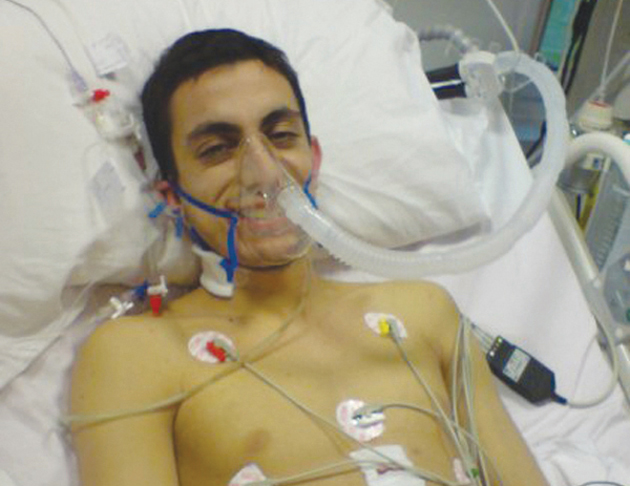Teachers are being asked to introduce lessons on organ donation to prompt students into sparking family conversations about the subject.
NHS Blood and Transplant has highlighted today’s teenagers as “change makers” who can help to tackle the shortage of organ donors.
The organisation has worked with teachers, clinicians, donor families and transplant patients to create its first organ donation education pack for secondary schools in England.
The pack, aimed at pupils in key stages 3 and 4, includes lesson plans and materials linked to the personal, social and health education curriculum.
A spokesperson for NHS Blood and Transplant says the UK currently has one of the lowest organ donation consent rates in Europe. Three people die each day because of the shortage of donated organs.
Sally Johnson, its director of organ donation and transplantation, says: “We believe education has a vital role to play in addressing people’s concerns about organ donation. Our research has highlighted the important role young people can play in stimulating discussion and debate in the family.”
The education pack includes three lesson plans, each of about 45 to 60 minutes.
Resources include videos recorded with donor families and transplant patients, and take-home fact sheets to help conversations at home.
Graham Brushett, a former lay member of UK Donation Ethics Committee, helped to develop the resources. A former sixth-form teacher in Bolton, Mr Brushett had a heart and kidney transplant at Wythenshawe Hospital in 2006.
He says that young people are often more open-minded than adults about organ donation, but are less likely to understand the “desperate need” for donors unless they have had personal family experience.

“They always think it will happen to somebody else. Unless they know someone who is desperately ill waiting for a transplant they have usually not given it much thought.”
David Weston, 36, (pictured) from London, is a teacher and a liver transplant recipient who runs the Teacher Development Trust.
“School children often asked me how they know if you’re ‘really dead’, and about whether you can choose which bits of your body you can donate.
“Many were surprised at just how many lives can be saved when one person donates.”
Dawn Smith, 39, from Walsall, whose 15-year-old son Harry James died in a traffic accident last May, was interviewed for the pack about how her son’s heart, liver, a kidney and pancreas were transplanted into three people.
Ms Smith said: “I have had many of Harry’s friends join the NHS Organ Donor Register since Harry donated. Many of his friends have contacted me to let me know what a wonderful gift he has given and have felt inspired by this.”
The pack is available as a free digital download at organdonation.nhs.uk/about-donation/educational-resources
Main pic: A pupil from Cockburn School in Leeds uses the organ donation education pack


and when are teachers allowed to educated pupils instead of pumping out government policy agenda!
Linda I would like to ask you what is not educational about that? Obviously you have no experience of organ failure in your life otherwise you too would despair at the fact that every day we burn and bury organs that now useless could be actually giving someone LIFE. Life Linda that precious thing we take for granted. Why aren’t more people on the donor register? Because they don’t think about it? Because it hasn’t happened to them? Or someone they know? Education is key.